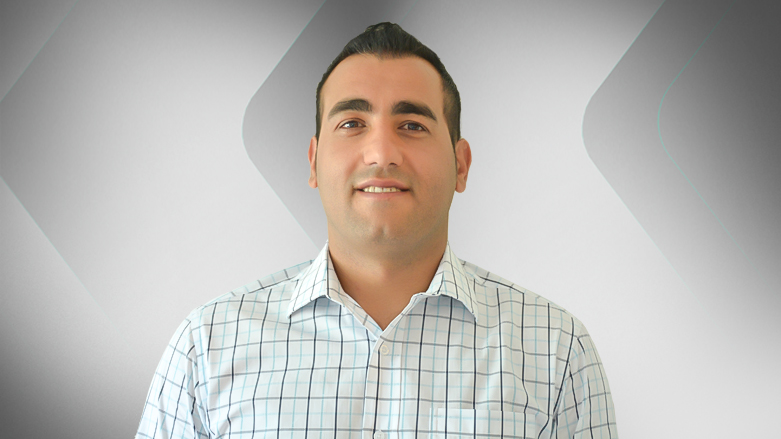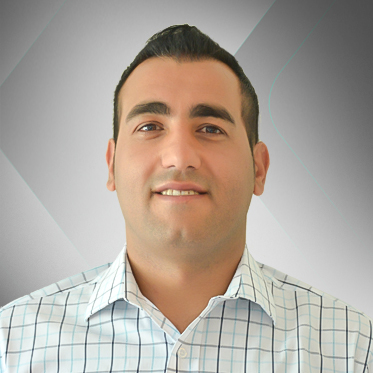Securing rights through self-determination

Following the two World Wars, major transitions came to play and changed the world dramatically. Empires collapsed; decolonization began, and new states were created, which raised a new trend toward self-determination among many nations and ethnic groups. Moreover, the dissolution of the Soviet Union along with Yugoslavia opened a new door on secessionist movements, mostly in the form of emancipatory nationalism.
Kurds were one of the nations that fought for their independence following the Sykes-Picot agreement, which led to the partition of their homeland. Ever since, Kurds have faced massive destruction, bloodshed, and genocides.
A question here is why a nation and an ethnic group that tries to exercise its right to self-determination gets suppressed when separation is the better option?
Opposing a people's right to self-determination insults its members' fundamental rights to freedom of association. Is it legitimate for a majority to disregard the right of self-determination for a minority? And when should a minority accept coexistence in the existing state?
Let’s examine Iraqi-Kurdistan’s secessionist movement and see if independence will be more beneficial for Kurds.
A new era of Kurdish authority in Iraqi-Kurdistan began when UN enforced a no-fly zone over Kurdistan to protect the Kurds, which enabled them to control and govern their territory.
As a result, Kurds formed a parliament and an independent judiciary system. Education system changed from a planned assimilation system to a national Kurdish system. The Political system changed from a dictatorial single-party to a pluralistic secular system. Free press and journalism flourished, allowing them to reconnect Kurdistan to the free world.
In comparison with the other parts of Iraq, Kurdistan enjoys the highest standards of living. It is a heaven for religious minorities and political activists who flee from other parts of Iraq, even from Iran and Syria.
Moreover, peace, stability, and security are the key factors in attracting foreign investments.
It is worth noting that in both of the Gulf wars, no American soldiers or civil-servant has died or gotten wounded in Kurdistan; that might be enough for Americans to appreciate and call Kurds their best friends in the Middle East.
Today, Kurds in Syria and Iraq are the only major forces fighting the so-called Islamic State (IS), the world’s most brutal terrorist organization, and have been able to contain them.
Iraqi-Kurds are now preparing for a referendum to decide whether they want to stay within Iraq or become an independent state. Of course, to the vast majority independence is the answer.
Arabs also know that Kurds see no interest in remaining with the failed state of Iraq.
Opposing views claim that secession of Kurdistan will result in more destabilization in the Middle East and encourage other ethnic groups, including the other parts of Kurdistan, to seek the same rights.
Firstly, this view stems from an anti-democratic thought that violates the most basic fundamental human right, freedom of association.
Secondly, if Kurdistan could become a good model of democracy, which it has proved so far, why not encourage and support other eligible ethnic groups if it could lead to more peace and progress? Moreover, an independent Kurdistan will send a strong message to oppressive regimes to reform or face a partition.
If a secessionist group is backed up with a popular support, which also satisfies legitimacy criteria, then it will find that secession is the better option.
Iraqi-Kurdistan has no common interest with Iraq, which has been in turmoil and civil war since its inception. In this case, secession can be emancipatory and help the new state grow and increase the likelihood of future democracy.
In the end, from an egalitarian viewpoint, the pursuing of self-determination will result in satisfactory outcomes in the long run as history is a witness that all else has failed in Iraq.
Jiyan Kurdo is a Canadian Kurd from Iranian Kurdistan (Rojhelat). He is a student at the Western University in London, Ontario.
The views expressed in this article are those of the author and do not necessarily reflect the position of Kurdistan24.
Editing by Delovan Barwari
